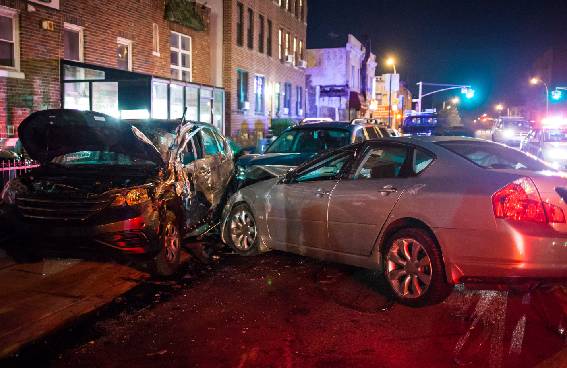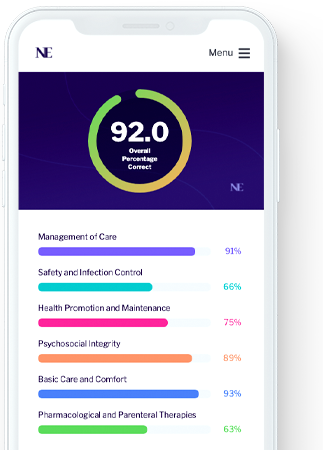Understanding the Good Samaritan Law as a Nurse
Imagine this scenario: You, a registered nurse, are out and about in your car, getting some errands done. You see a van two cars ahead of you swerve wildly back and forth, and with one last turn, hit an oncoming car head-on. What do you do?
You could keep going and call 911. Or you could pull over and hustle to the scene to offer assistance. Some nurses may hesitate to stop, worried their license doesn’t cover this situation. Depending on the state you live and work in, you may make some different choices in this situation.
What Is the Good Samaritan Law?
Good Samaritan laws generally exist to limit your liability if you provide emergency care away from your place of work. In other words, if you help a man having a heart attack and he has a poor outcome, his family can’t sue you and the state can’t prosecute you.
Every state in the U.S. has established various good Samaritan laws, and they aren’t all the same. The term “good Samaritan” refers to a parable in the Bible in which a man stops to help another injured man in need. Most nurses hold a deep desire to help, and when they see a need, they want to do everything they can. But what do these laws mean for you?
Good Samaritan laws don’t serve as malpractice insurance–they only apply once you have left work. Many state governments passed these laws to try and encourage doctors and other medical workers to help in a crisis, and research tells us that they might be more willing to respond if they know they are protected.
Some states, like Minnesota, Rhode Island, and Vermont, don’t just safeguard you as you provide care–they require you to help. If you see a woman collapse on a Vermont street and the authorities find out you (a licensed health professional) did nothing to help, you could be charged with negligence. This may sound a bit scary, but many of these laws are rarely prosecuted. Nevertheless, it’s a good idea to get to know your state’s legislation on this topic.
Good Samaritan Law Differences by State
In some states like Virginia, Pennsylvania, and Delaware, good Samaritan laws protect anyone and everyone who helps in an emergency, even if that person is not a health professional. Alabama, on the other hand, only limits liability for trained rescuers and public education employees in every situation other than cardiac arrest.
In Missouri, these laws only cover trained healthcare providers (like doctors and nurses). Oklahoma only protects good Samaritans if they have to stop bleeding or perform CPR. Wyoming and Kansas have no good Samaritan laws at all. Confused yet? You can dig into all the details of your state’s good Samaritan laws on your state government’s website.
Recent Trends in Good Samaritan Laws
Because of the opioid crisis, some states are pushing for laws that require medical personnel to assist during an emergency. Many who overdose on opioids will not make it to the hospital unless someone intervenes quickly, and these states want to encourage every off-duty provider to prevent overdose deaths.
As natural disasters increase in frequency, nurses may find themselves faced with a mass casualty event. The American Nurses Association (ANA) wrote an issue brief urging legislators to avoid “duty laws” that prosecute nurses for a lack of response. Instead, they asked legislators to craft laws around natural disaster events which protect nurses who assist in those cases. Nurses also have a duty to maintain their safety, according to the ANA’s Code of Ethics, which may make intervention impossible at times.
If you’re faced with an emergency medical need in public, whether it’s a cardiac arrest, natural disaster, car accident, or overdose, make sure you know the laws in your state and follow your own conscience before you jump into the fray.




